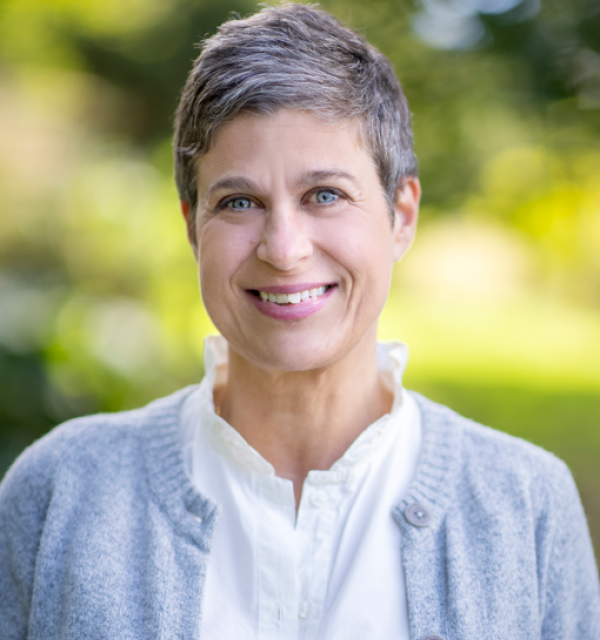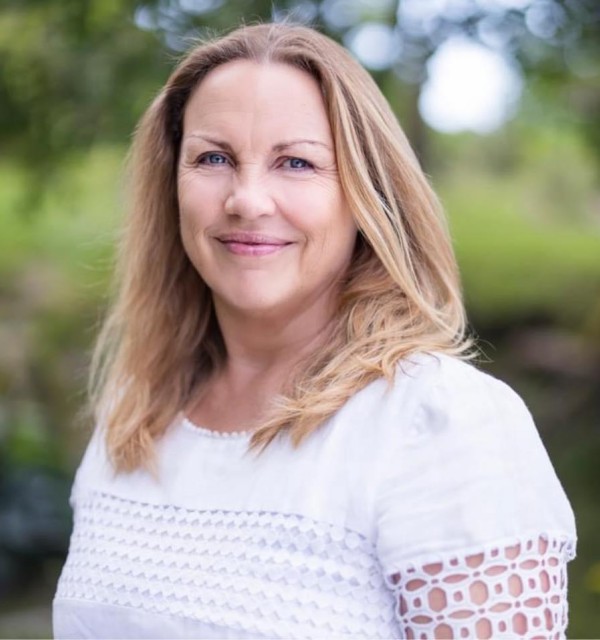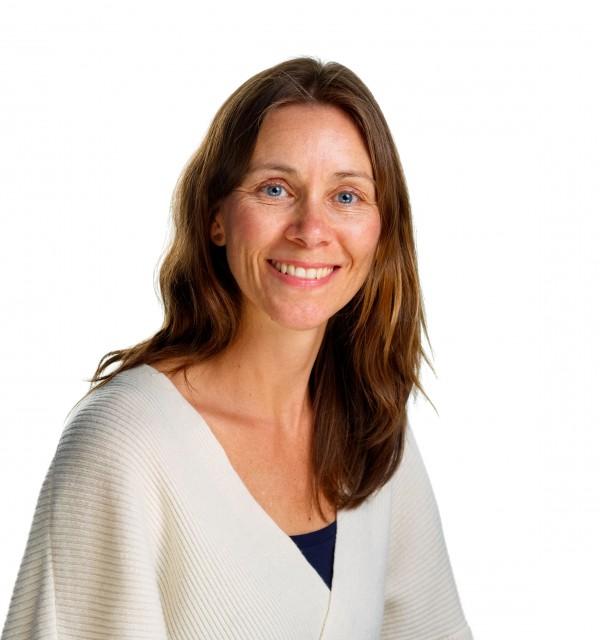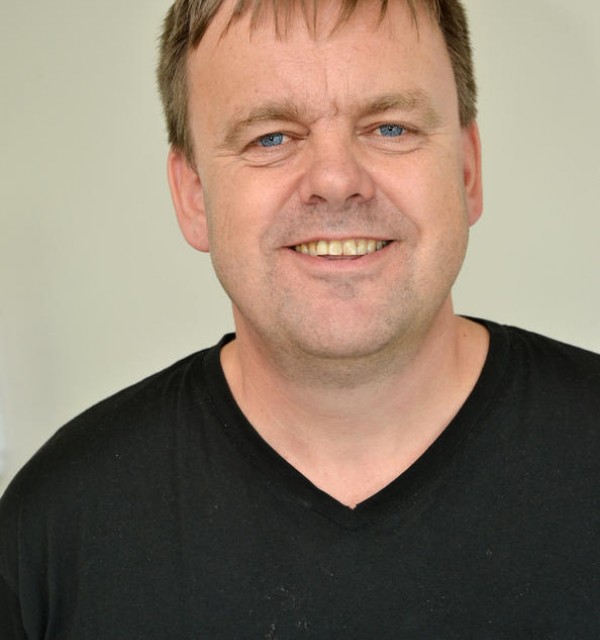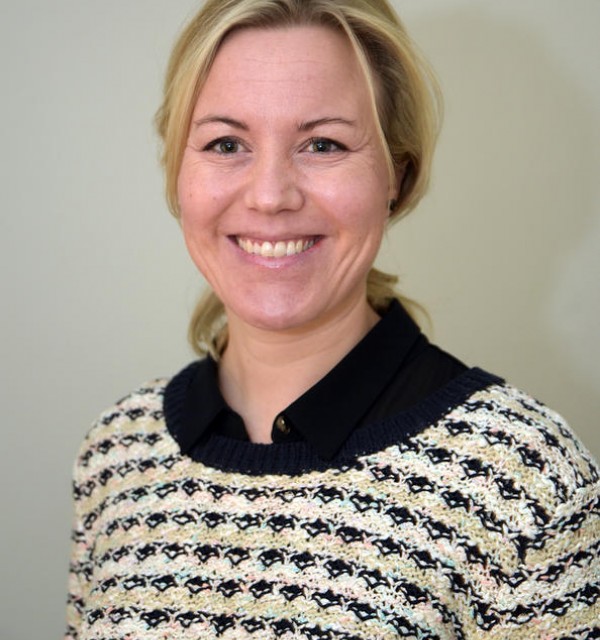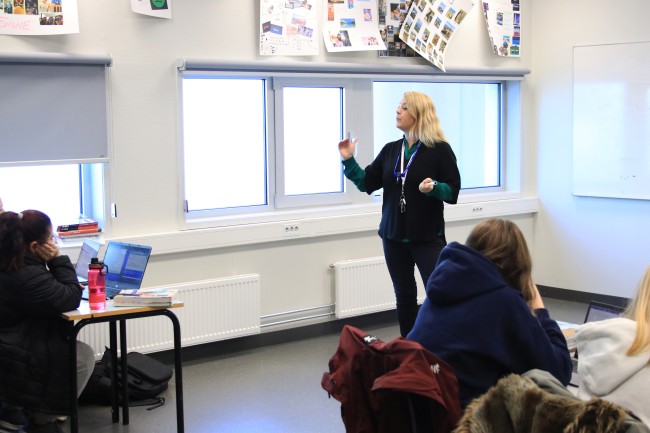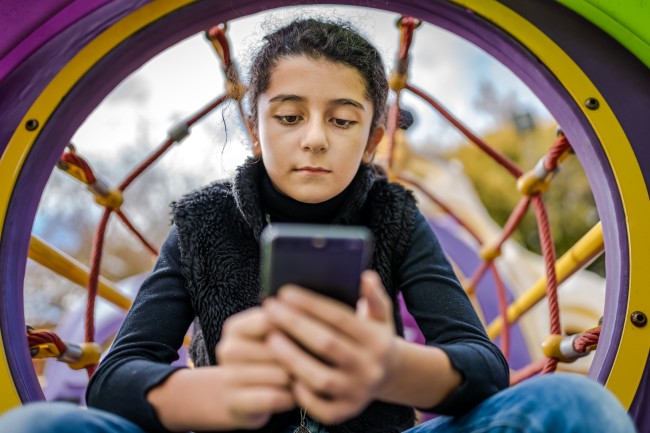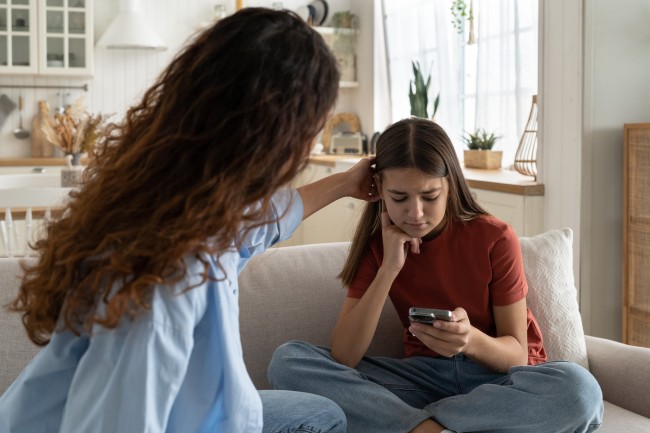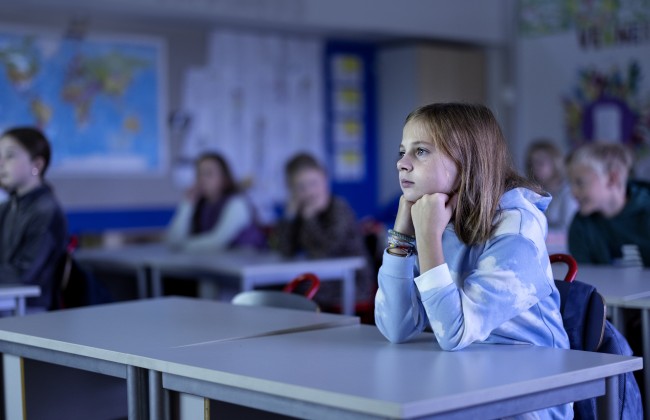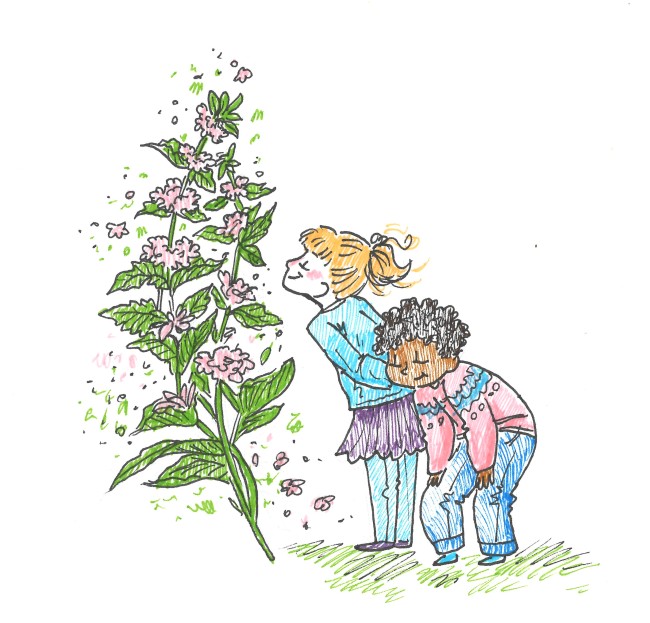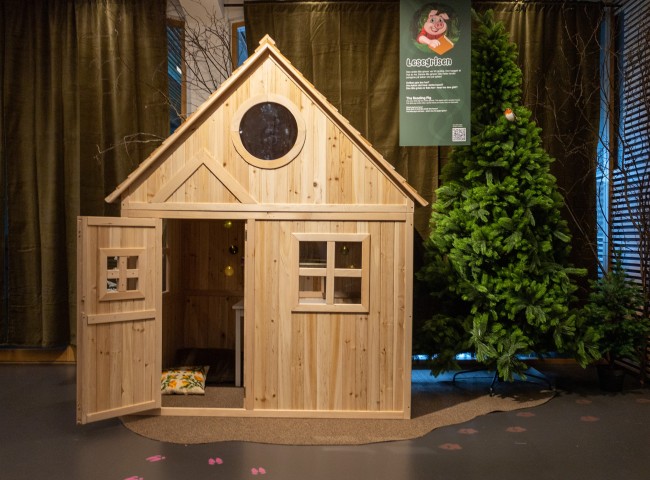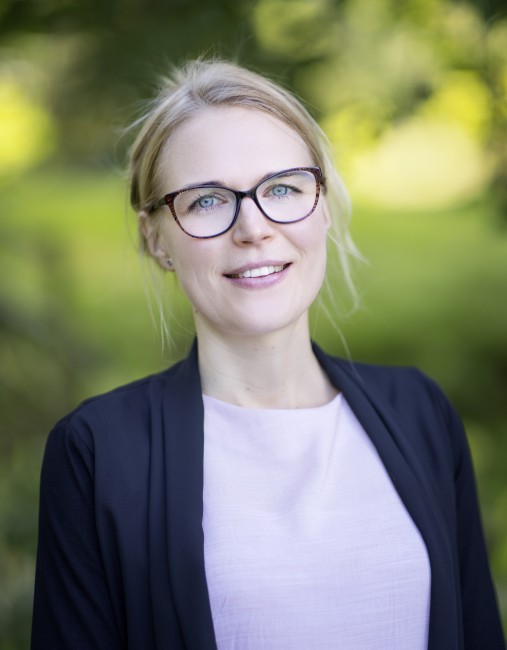Can Norwegian daycare centers improve children's developmental trajectories by more systematically cultivate key school readiness skills known to promote future learning?
Agder, Norway
About 100 daycare centers
The project is completed
Five-year-olds at Norwegian daycare centers
To understand whether Norwegian daycare centers can improve children's developmental trajectories by more systematically cultivate key school readiness skills known to promote future learning
Cultivating four sets of school readiness skills – self-regulation, interpersonal, vocabulary and numeracy skills
Leveling the playing field
Norway's gaps in learning outcomes between children of advantaged and disadvantaged families are substantial, despite its generous welfare system.
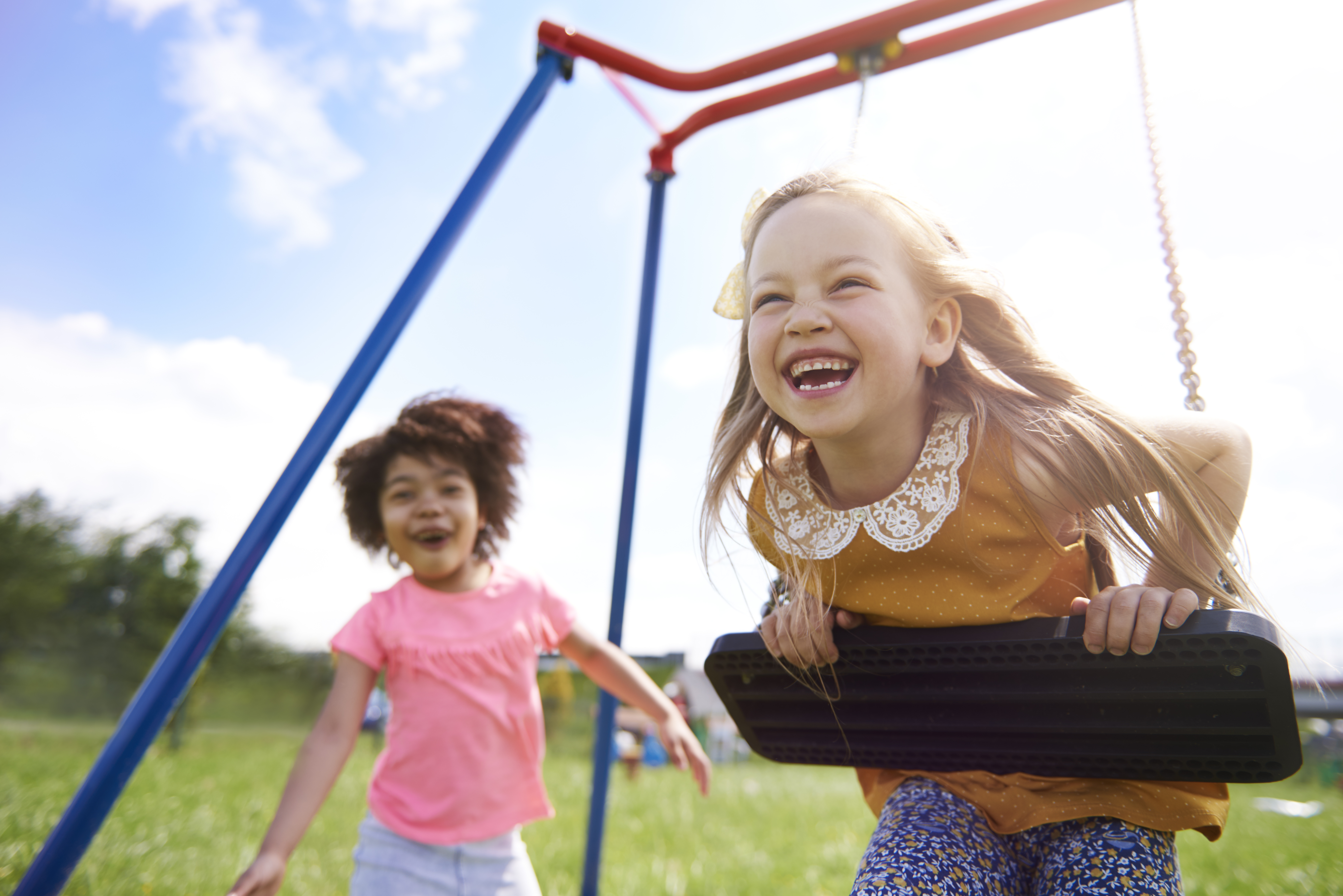
Research shows unequivocally that high-quality early-childhood preschool programs can have substantial impacts on children's learning trajectories.
Norway may be missing a key opportunity to close the gaps between children of advantaged and disadvantaged families. This is because the learning framework of Norwegian daycare centers (Early Childhood Education and Care, ECEC) does not reflect international empirical evidence from the early childhood education literature linking key curricular foci to successful child development.
Cultivate key school readiness skills
Our project aims to understand whether Norwegian daycare centers can improve children's developmental trajectories by more systematically cultivate key school readiness skills known to promote future learning. To do so, we will design and implement a randomized field experiment in which we offer five-year-olds at Norwegian daycare centers a school readiness intervention program.
Intervention program
The development of the intervention program will be done in collaboration with Norwegian daycare teachers. The intervention program will cultivate four sets of school readiness skills – self-regulation, interpersonal, vocabulary and numeracy skills – which numerous studies have identified as foundational for future learning and development.
About 100 daycare centers will participate in the field experiment, with 50 randomly selected centers in the treatment group.
School readiness for all children
We will examine program effects by assessing children's skills with official mapping tests in first grade and more intensive measuring instruments utilized both at the end of day care and at the end of first grade. Important questions are: Can a more systematic cultivation of self-regulation, interpersonal, vocabulary and numeracy skills of five-year-olds in Norwegian daycare centers improve these children's success in the transition to formal schooling? Is the program particularly beneficial for children from disadvantaged families?
The project group:
Read more from the Centre:
SELFICON - self-regulation in context
What factors influence first graders’ self-regulation? This is what the researchers in the SELFICON project are investig...
Impact Case: WiKIT: Transforming Children’s Learning with evidence-based EdTech
WiKIT is a social enterprise that was spun off from the University of Stavanger, and was created with the goal to bridge...
Now you can register for the world's largest conference on bullying
Registration is now open for the World Anti-Bullying Forum (WABF), which will take place in Stavanger from June 11-13, 2...
Could scented books encourage more kids to read?
Do you remember the scented erasers you had as a child? ‘Scratch and sniff objects’ have now made a comeback.
Are Sámi schoolchildren more involved in online bullying than other students?
A new research project is going to look into whether Sámi students in Norwegian schools are more involved in online bull...
LIFE - life skills education in Norwegian schools
LIFE wants to achieve a new and improved understanding of life skills education (LSE) in Norwegian schools.
– Parents can play a major role in the work to prevent cyberbullying
A new international research project will determine whether parents can have a more important role to play than previous...
Bringing the world's largest conference on bullying to Norway
The world's largest anti-bullying conference, the World Anti-Bullying Forum, will be held in Stavanger, Norway, in 2025....
Accompanying the teacher ‘into’ the classroom
In the INTERACT research project, teachers receive guidance from their own specially trained coaches. “I am lucky to be ...
Initiating multisensory reading research collaborations between Turku and Stavanger
In the months of August and September, professor Natalia Kucirkova had the pleasure to visit the University of Turku as ...
A research project to make teaching more engaging
Teacher Olaug Ueland receives feedback on her teaching from a personal coach. The goal is to make interaction with the p...
Video abstracts
In this selection of video abstracts, we provide a glimpse into exciting and important research topics about early child...
PARTICIPATE - Parents and technology in digital bullying
Digital bullying is a big challenge all over the world. The PARTICIPATE project is looking at this research theme in rel...
The importance of parents in the work to prevent cyberbullying
What role do parents have in the prevention of cyberbullying? The international research project PARTICIPATE will seek a...
Teachers bullying children – a global problem
All over the world, children are being bullied by adults in school. New research now shows that these students could als...
Children’s experiences of smells and scents
Odors change as the weather changes. Rain or sunshine, there are interesting smells, both outside and inside, to discove...
Sensory Books team gathering
On the 16th of August, the Sensory Books team held their first group gathering after the summer holidays. It was a momen...
Countries that do well in the PISA assessment have one thing in common
The most common thing about countries that are 'successful' in PISA, is a higher level of gender equality in the populat...
New exhibition sparks children’s story wonder with smells and scents
Smell is an important sense that activates memories and enhances experiences. Yet, smell is often neglected in learning ...

